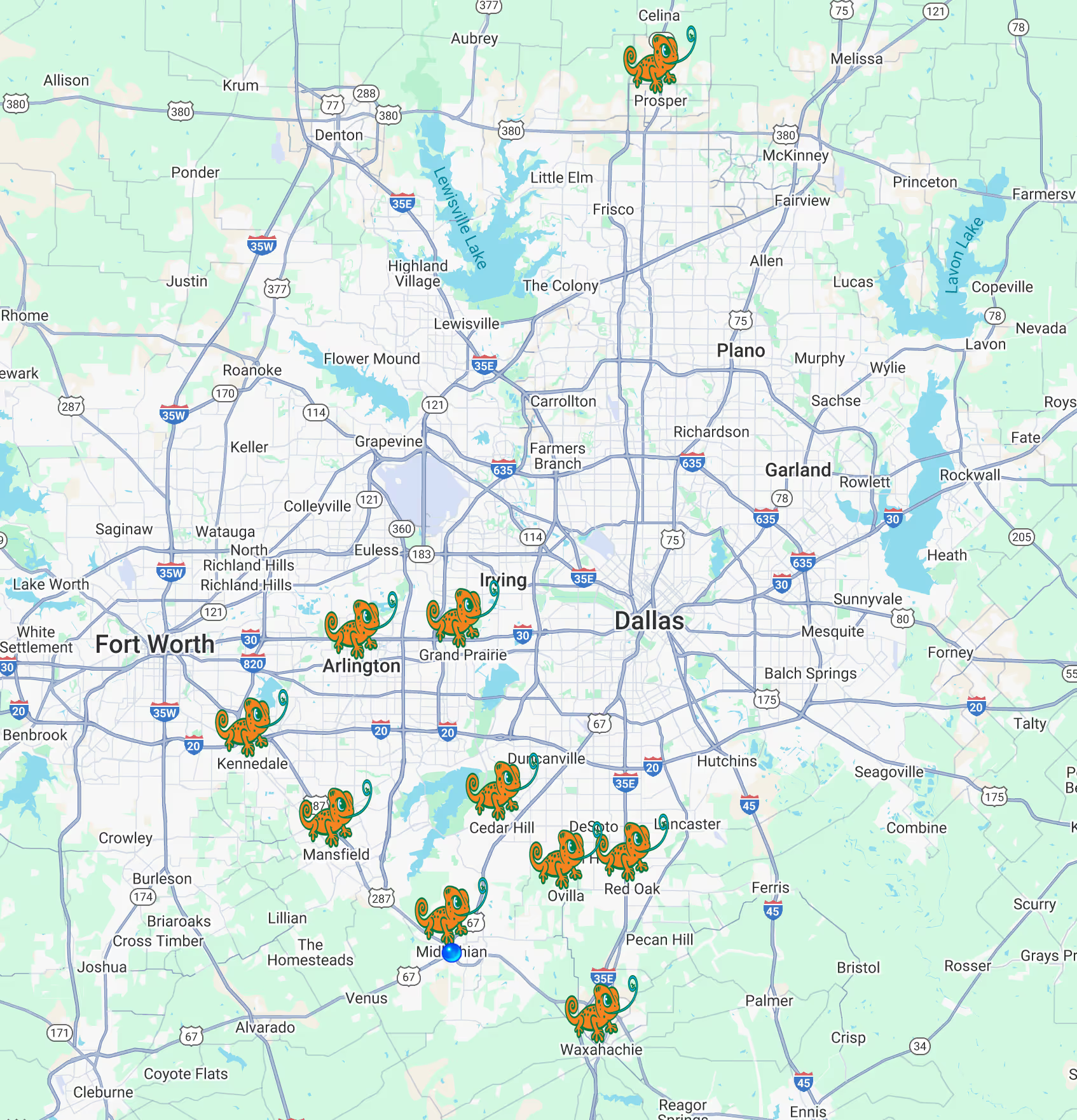Understanding Shade Tolerance in St. Augustine Grass
Not all St. Augustine grass is created equal! While it's well known that St. Augustine is more shade tolerant than Bermuda grass, many homeowners in Midlothian, Prosper, and North Texas don't realize there are several varieties of St. Augustine—and some handle shade far better than others.
St. Augustine Shade Tolerance by Variety
Choosing the wrong St. Augustine variety for your light conditions can lead to thin, struggling turf. Here's what you need to know:
Common (Raleigh) St. Augustine:
- Requires 5-6 hours of direct sunlight daily
- Best for open, sunny lawns
- More affordable but less shade tolerant
Palmetto St. Augustine:
- Only requires 3-4 hours of direct sunlight
- The most shade-tolerant St. Augustine variety
- Ideal for yards with mature trees or structures
- Premium option for challenging light conditions
Assessing Your Lawn's Sunlight
Before selecting a St. Augustine variety for your Midlothian or Prosper property, make a good assessment of how much sunlight your lawn is getting throughout the day. Consider seasonal changes as trees leaf out and note areas blocked by structures or landscaping.
Don't Make This Common Mistake
Don't assume all St. Augustine varieties are the same! Installing Common St. Augustine in a shaded yard will result in thin, weak turf and ongoing maintenance frustrations. Choose your variety according to your actual light conditions.
Expert Lawn Care for All Grass Types
At Vista Lawn and Pest, we provide customized fertilization and weed control programs for your specific grass type and growing conditions in Midlothian and Prosper. Whether you have Common, Palmetto, or another St. Augustine variety, proper lawn care keeps your turf healthy year-round.
Watch the video below to learn more about St. Augustine varieties and how to select the right grass for your property's light conditions.
For expert lawn care and fertilization services tailored to your grass type, contact Vista Lawn and Pest.





